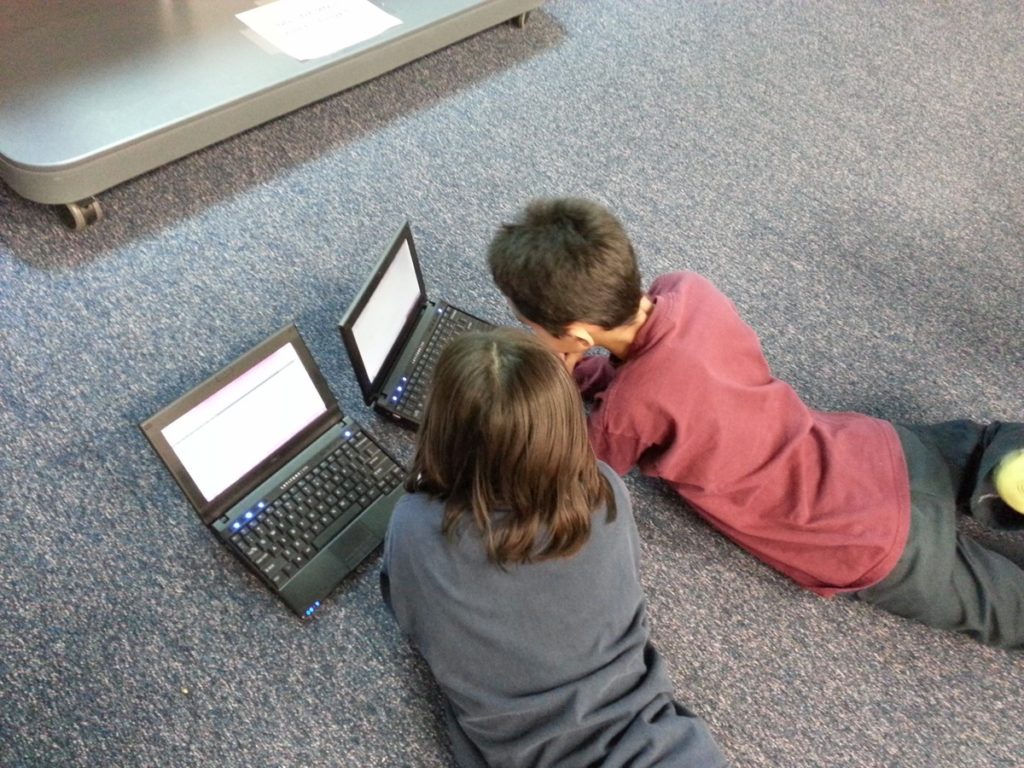Almost 30% of poor families have no internet connection at home, while 40% risk digital exclusion either because of poor internet skills or no online access, according to the Barometer of Digital Inclusion produced by the King Baudouin Foundation.
The document looks at the connectivity of the Belgian population, particularly in the light of recent events.
Since the arrival of the coronavirus earlier this year, the importance of being connected to the internet has increased – for example for school students and for teleworkers – while the means of connecting has become more crucial.
The Foundation looked at the issue from the point of view of poor families compared to more well-off families, and found that the poor are digitally disadvantaged in a variety of ways.
The inequality shows up at even the most basic level. While 90% of Belgians have an internet connection at home, among those on low incomes (less than €1,200 a month) 29% have no connection, compared to only 1% of those on €3,000 a month or more.
Among the population as a whole, 40% are considered to be at risk of digital exclusion, either because they have no connection or because they have poor digital skills.
When it comes to poor families, however, that number goes up to 75%. The figure for the better-off may be much lower than that, but it is still a surprisingly high 22%.
The document also brings to light a more recent problem: where new and cheaper technology stands in the way of full digital inclusion.
In the case of distance learning, a feature of the lockdown, the question of access to computers became important. And while most young people have a smartphone these days, that technology does not lend itself well to school tuition.
So, in households than even have access to a computer or laptop, children found themselves having to take turns to follow their lessons, smartphone or no smartphone.
“Access to the internet alone is not the only important issue. Equally important are the quality of the connection, the ability to connect via various devices, the age of the equipment and the number of computers per family,” commented Périne Brotcorne of the university of Louvain-la-Neuve, which helped in collating statistics provided by national and regional governments.
On the matter of digital skills, while 85% of Belgians aged between 16 and 74 use the internet on a daily basis for online services such as shopping or banking, 57% of those with a low level of education, and 56% of those on low incomes, have never yet used the internet to send documents to a government administration, even when that was required.
“The corona crisis has increased the focus on the problems experienced by various groups in having virtual access to education, work, social contacts and so on,” the Foundation concludes.
“As a result, they are excluded from a whole range of fundamental rights. The digital divide is not an inevitability. By better measuring digital reality, we can better understand the needs of people who are excluded and develop appropriate actions, both in terms of access to digital technologies and the teaching of digital skills.”
Alan Hope
The Brussels Times

